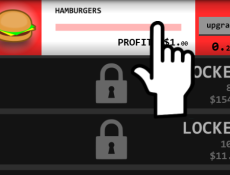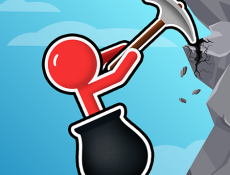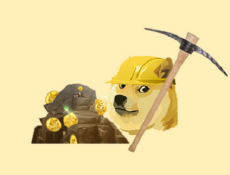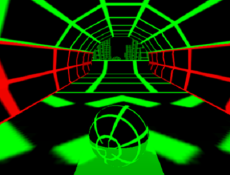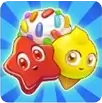Racoon Retail is a simulation game where the player takes the role of a raccoon managing a small shop. The main objective is to keep the store organized while serving a constant flow of customers. Shelves need to be stocked, items must be collected, and orders have to be fulfilled without delays. The game mixes light strategy with time management, creating a cycle of tasks where efficiency directly affects success. By combining simple mechanics with escalating demands, it captures the experience of running a fast-paced retail business.

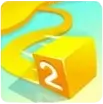
Racoon Retail
Advertisement

Advertisement
Racoon Retail is a simulation game where the player takes the role of a raccoon managing a small shop. The main objective is to keep the store organized while serving a constant flow of customers. Shelves need to be stocked, items must be collected, and orders have to be fulfilled without delays. The game mixes light strategy with time management, creating a cycle of tasks where efficiency directly affects success. By combining simple mechanics with escalating demands, it captures the experience of running a fast-paced retail business.
Gameplay and mechanics
In Racoon Retail, the player moves through the shop, picking up products and placing them on shelves before customers arrive. Customers search for items, and if they cannot find what they need, the store loses potential profit. As the game progresses, the pace increases, with more customers appearing and more products needing attention. Players must balance movement speed, accuracy, and timing to keep everything in order. Failure to manage tasks quickly can cause chaos as customers leave dissatisfied, while smooth performance results in steady progress.
Features and challenges
The game introduces different mechanics to maintain variety in each session. New products are added over time, requiring more careful planning of shelf space. Some items may take longer to restock, while others are placed in inconvenient spots, forcing the player to think about the most efficient routes. The store layout can also shift between stages, adding unique challenges to navigation. These features encourage players to improve their multitasking skills and refine their strategies with each attempt.
Main features include:
- Shop management with stocking and organizing tasks
- Increasing pace as more customers enter the store
- New products introduced in later stages
- Changing store layouts to test adaptability
- Time-based performance that rewards efficiency
Design and atmosphere
Racoon Retail presents its tasks with simple controls and a clear visual style that makes it easy to follow the action. The focus is on fast decision-making, where every second counts as more customers demand service. The design supports quick sessions, but the increasing complexity also provides motivation to replay. The balance between visual clarity and growing difficulty ensures that players stay engaged while tracking multiple tasks at once.










